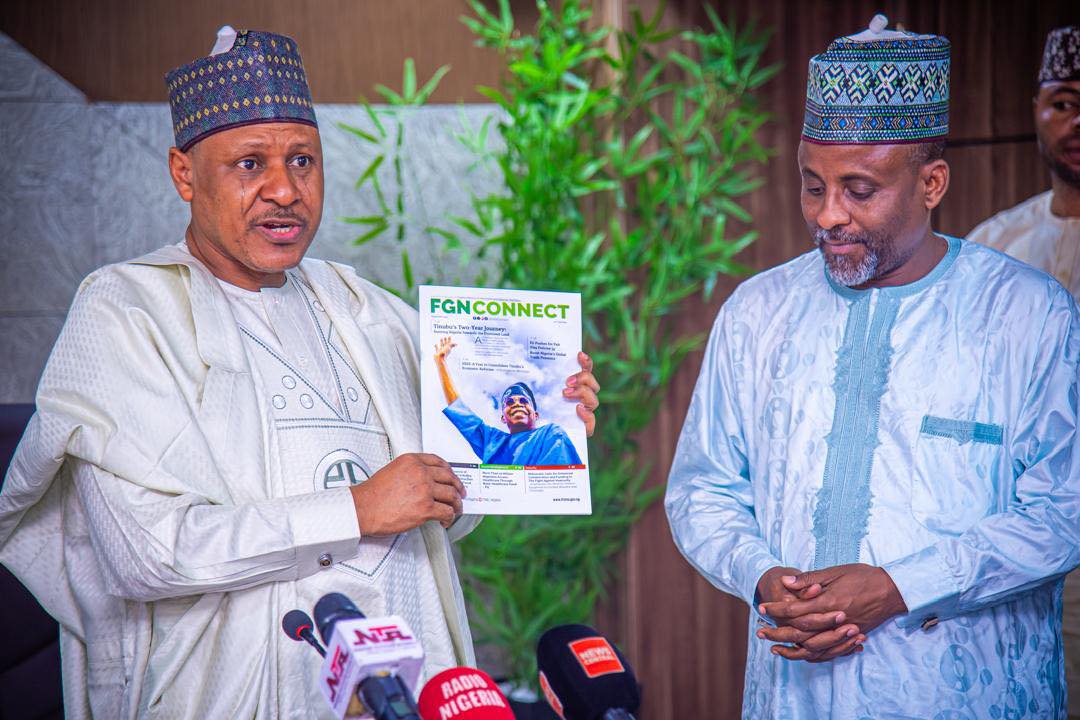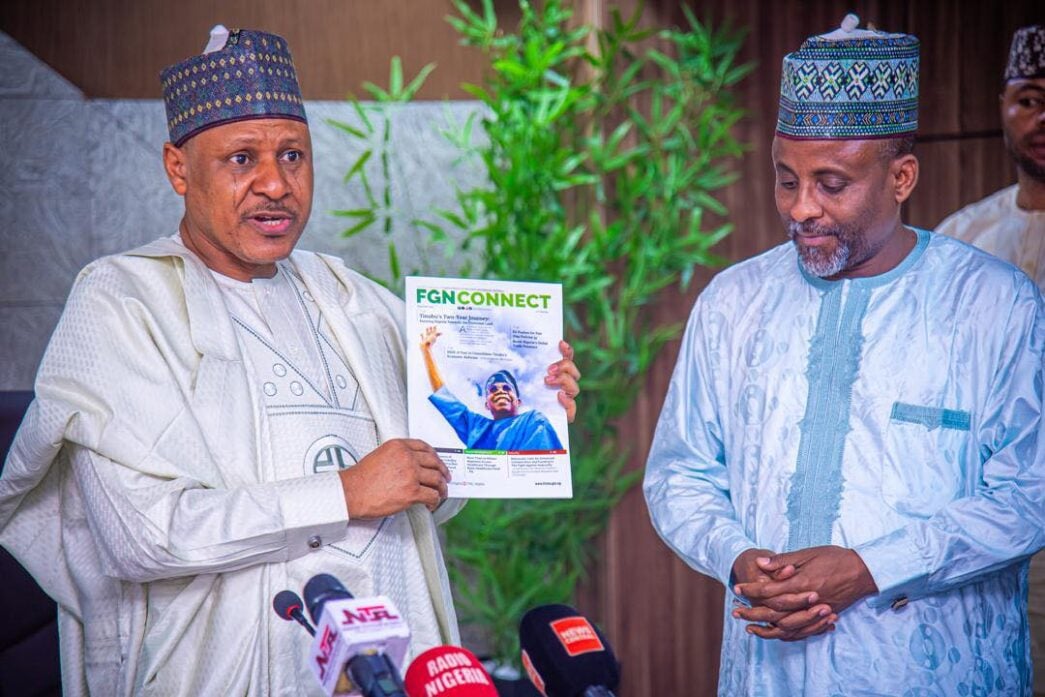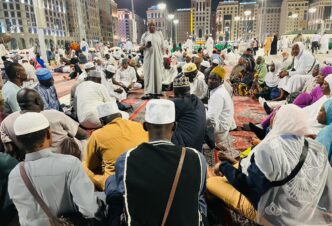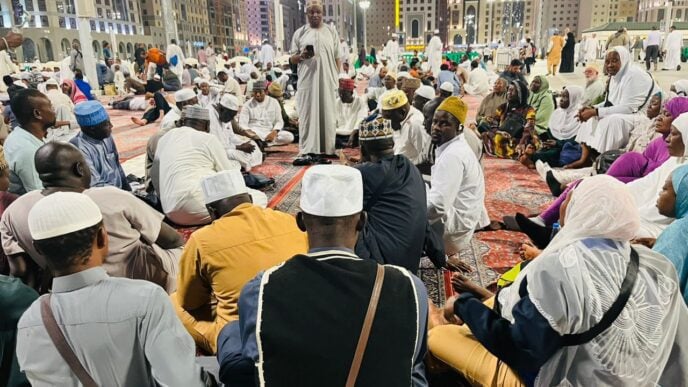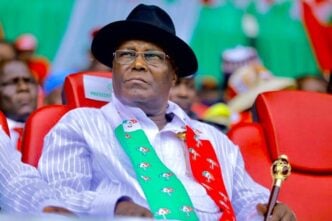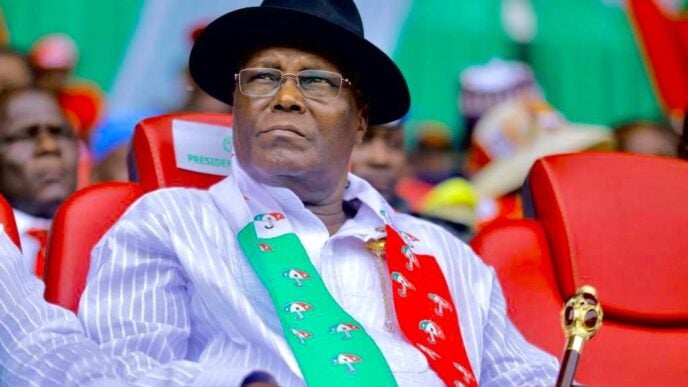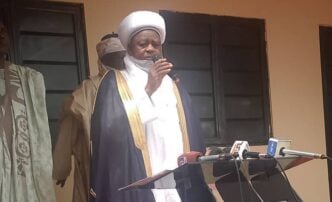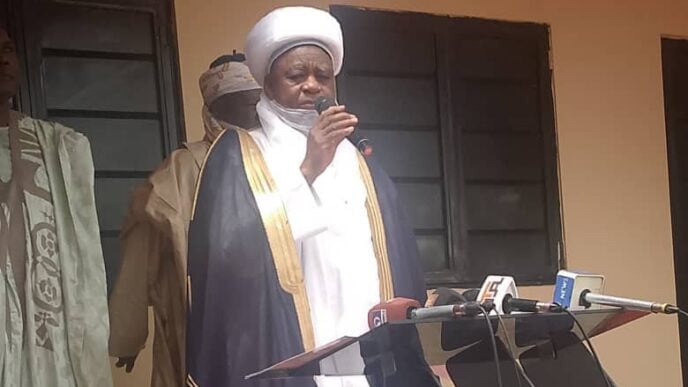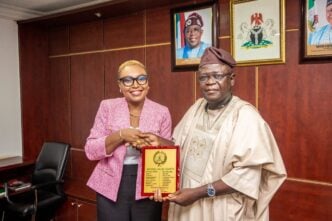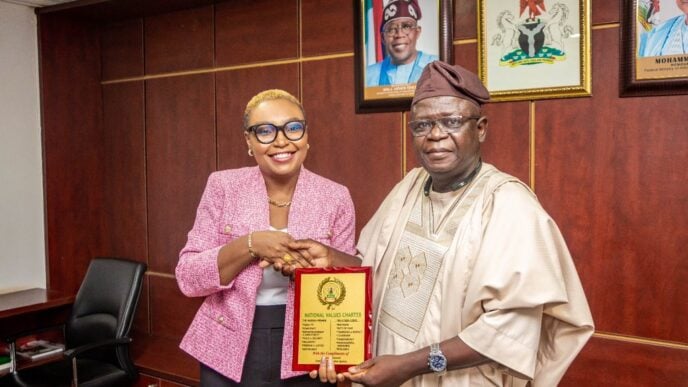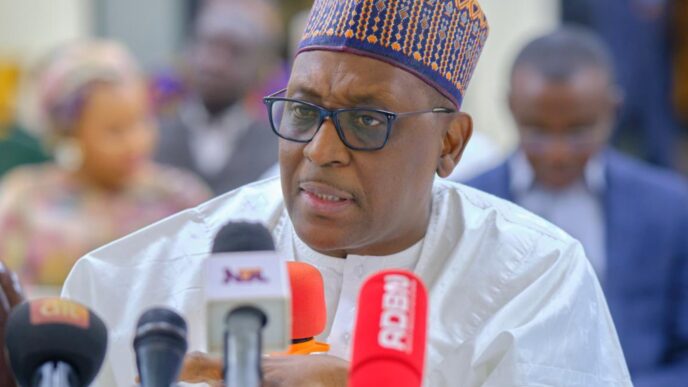Mohammed Idris, minister of information and national orientation, has cautioned Nigerians against the abuse of artificial intelligence (AI) in spreading deepfake videos, particularly those targeting public officials.
The minister spoke in Abuja on Friday while receiving Alhassan Yahaya, president of the Nigerian Union of Journalists (NUJ), who came on a courtesy visit to his office.
“We see how AI can be used both positively and negatively. You could be sitting right here, and someone could superimpose another person’s head onto your body, completely misrepresenting you,” he said.
“Every day, we see that the president will say something, and somebody will twist it and say a different thing; the minister will say something, and somebody will twist it and say another thing.”
Advertisement
The minister said deepfake videos have damaged many reputations and traumatised families by falsely portraying individuals in scandalous situations.
Idris noted that the federal government is working with the United Nations Education and Scientific Organisation (UNESCO) to sanitise the social media space while protecting freedom of expression.
“As a government, we are looking at that seriously, especially how to sanitise the social media space without gagging the freedom of expression,” he said.
Advertisement
“Fortunately for us, the entire world is coming together to see how this menace can be fought. That’s why UNESCO is taking the lead.”
He said UNESCO has received input from over 100 countries and more than 10,000 submissions and has developed a comprehensive guide for digital content creators to help maintain online integrity.
The minister called on the NUJ to support the fight against fake news and misinformation, stressing the need to protect the credibility of journalism.
“For us at the federal ministry of information and national orientation, we take the issue of misinformation and fake news very seriously, and we want to call on you to help us and collaborate with us towards eradicating quacks within this profession and not only that but encouraging citizen journalists and the general public to write and publish only what they know is correct,” he added.
Advertisement
Idris also informed the NUJ president about the establishment of a Category 2 Media and Information Literacy (MIL) Institute, approved for Nigeria by UNESCO.
He explained that the institute, the first of its kind globally, would equip journalists, students, and the public with skills to critically assess and responsibly engage with information online, combat misinformation, and promote professionalism.
The minister congratulated the NUJ on its 70th anniversary and reaffirmed the President Bola Tinubu administration’s commitment to press freedom as essential for Nigeria’s democracy.
On Thursday, Toyin Falola, a Nigerian historian, urged African nations to integrate their indigenous knowledge systems into the development of AI technologies.
Advertisement
The academic warned that failure to do so could lead to a form of “digital servitude”.
Advertisement
